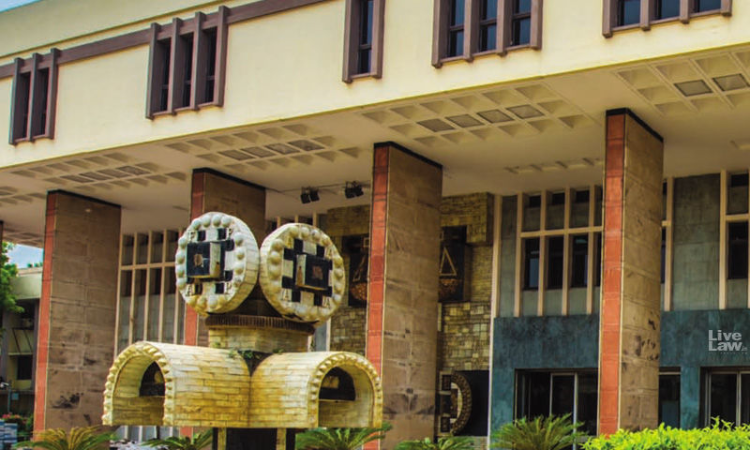Non Specification Of Penalty Provisions In Penalty Notice And Denial Of Immunity; Delhi High Court Holds That Assessee Is Eligible For Immunity, Says Tax Payer Should Be Incentivised.
Parina Katyal
1 April 2022 8:55 AM IST

Next Story
1 April 2022 8:55 AM IST
